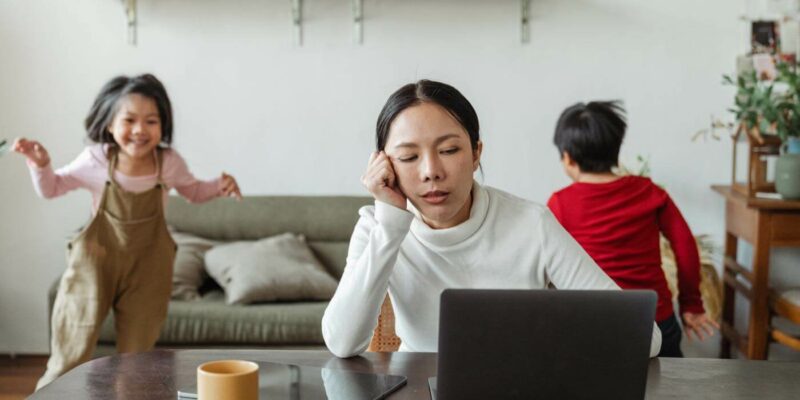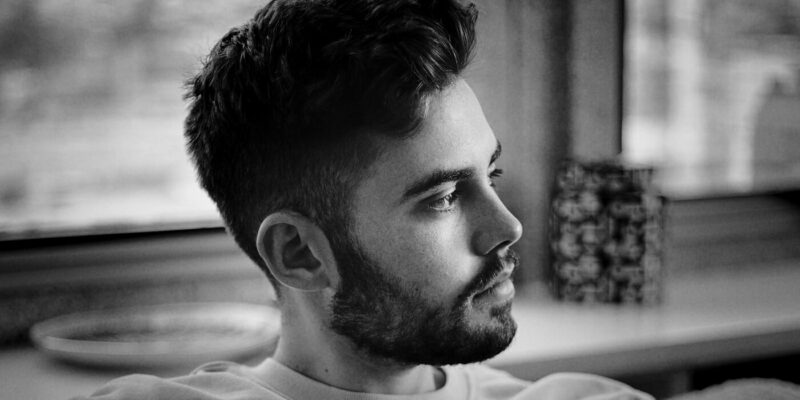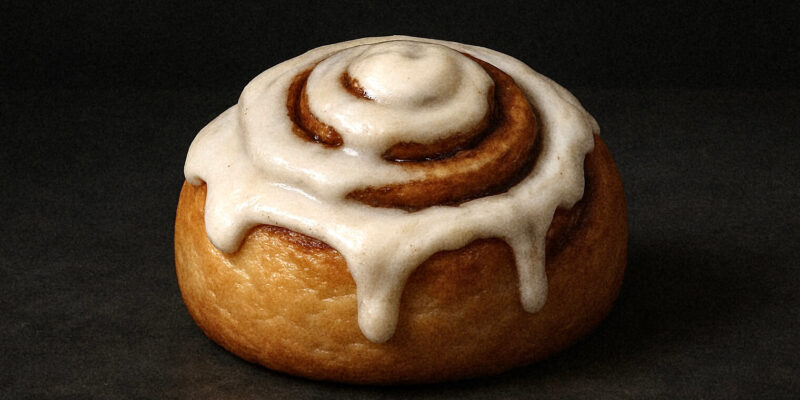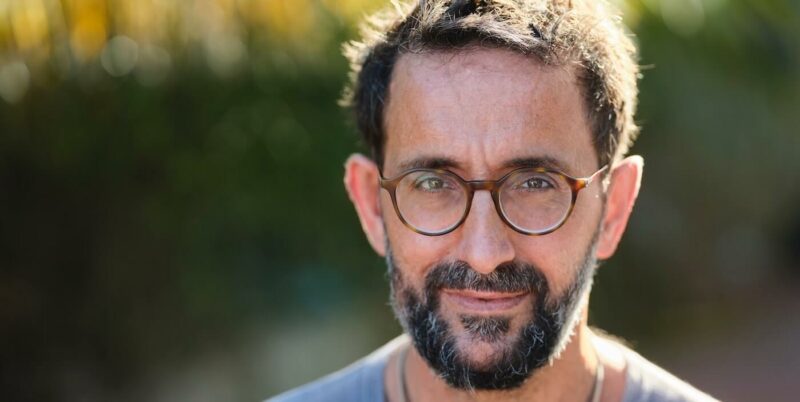It seems like we can’t go more than a couple of weeks without some kind of sleep hygiene post popping up in one of our social media feeds, yelling at us about the most important tips and tricks to getting a better night’s sleep.
Any of these look familiar:
- 24 Tips Real People Use To Get The Fuck To Sleep
- 7 Ways You’re Destroying Your Sleep Cycle
- 9 Sleep Mistakes You’re Probably Making After 9PM
- 14 Scientific Hacks To Help You Get A Better Night’s Sleep
- 11 Insanely Effective Apps That’ll Help You Sleep Better
Based on a quick Google search, it looks like BuzzFeed alone produces two or three sleep hygiene listicles per year:
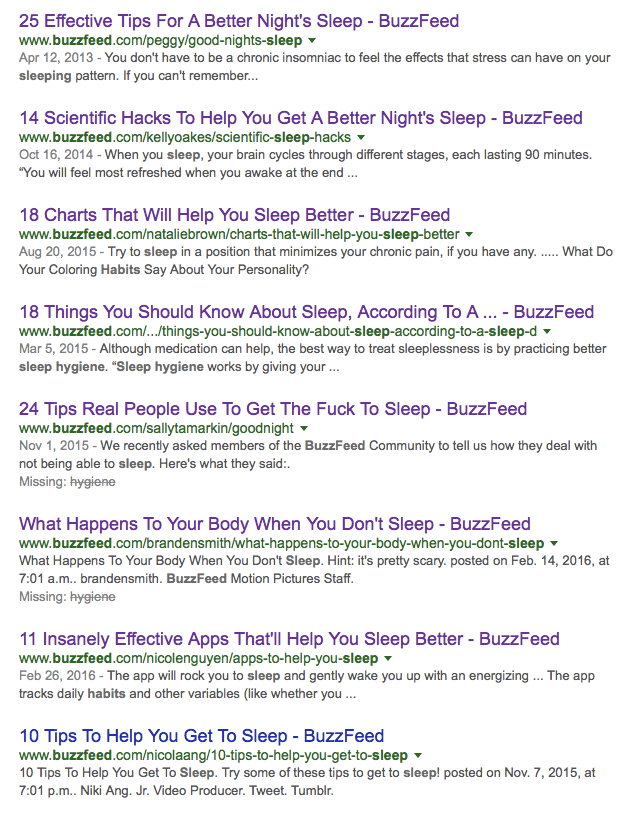
As hesitant as I am to challenge the wisdom of such pillars of medical knowledge as BuzzFeed, Facebook, The Huffington Post, or Yahoo, I think it’s worth asking, how helpful is all this advice we’re getting about sleep?
For starters, let’s take a more detailed look at some of this advice. Here’s a selection of tips from an article called (Hmmm… I wonder if it’s going to start with a number?), 25 Effective Tips For A Better Night’s Sleep:
- If you still can’t get to sleep after lying awake for 30 minutes, indulge in some low-light reading until you feel tired again.
- Learn a few bedtime yoga stretches.
- Maintain a nightly routine.
- Essential oils like peppermint and chamomile are calming and relaxing.
- Wear a sleep mask.
- Eat a light, early dinner, and then a 150-calorie low-carb snack before bedtime.
- Take the stairs.
- The best room temperature for sleeping is between 60 and 68 degrees.
- Wear BluBlocker sunglasses if you’re going to use the computer or watch TV.
- Eat breakfast within one hour of waking.
- Once you’ve found your perfect bed time, keep a regular sleep schedule.
Reading through this list, a few things stand out:
- First, there’s nothing on here that seems like completely bad advice.
- Second, some are just kind of goofy.
- Third, a few of these are actually pretty solid commonsense practices that I often incorporate in my clinical work with clients who have insomnia.
I think these three attributes are pretty representative of every sleep hygiene article we’ve ever read online: not bad, sorta goofy, and commonsensical. (Yes, Commonsensical is totally a real word.)
So, what’s the problem, you say?
There is no try
While most individual sleep hygiene tips are typically not bad advice in and of themselves, the attitude toward sleep that they cumulatively cultivate may be.
The implicit message behind all these articles about getting better sleep is that there’s lots of stuff you need to do, think about, remember, and generally strive for if you want to be a successful sleeper. This is problematic because even though a general approach to life that includes thinking carefully, acting decisively, remembering things, and striving towards our goals is helpful most of the time, that kind of attitude is actually completely counterproductive when it comes to the falling asleep.
Think about it: In one way or another, most of us spend our lives working toward things. Sure, we literally work at our jobs, but we also work to keep our homes and yards looking nice, we work to maintain good friendships and relationships, we workout at the gym, we even work on ourselves, striving valiantly to find happiness.
And most of the time, this work pays off—we keep bringing home the bacon, the lawn stays green, we go bowling every other Thursday, and occasionally we succeed in losing a few pounds or figuring out why we have low self-esteem.
Our work in these areas pays off because these are things that don’t come naturally to us. Most of us aren’t born into a trust fund or naturally slim and muscular. But through effort and hard work we can sometimes get closer to achieving these goals.
And while the internet, the self-help industry, and a lot of doctors and therapists are telling us that “getting good sleep” should be added to our ever-expanding list of life goals, I’m going to make the case that sleep absolutely should not be a goal of any kind.
Get out of the way
Shocking as this may sound, your body actually knows how to sleep perfectly well on its own. In fact, it’s really good at it. So good—maybe you should sit down for this—that it doesn’t need your help at all. Not one bit.
In fact, the best thing you can do for your sleep is to get out of the way.
Your body works hard all day long—physically, mentally, emotionally, socially, spiritually, whatever. When evening rolls around, your body knows it deserves some time off, six to eight hours if possible. We call this sleep.
Can you imagine how it must feel to our bodies to have worked so hard all day and with time off just around the corner, only to have you and your clever self start barking orders again about all these things you need to do in order to get good sleep?
- Think about…
- Don’t think about…
- Did you remember to…?
- Where’s my…?
- Uh oh! I ran out of…
- … is going to be miserable tomorrow if I don’t get my 8 hours.
And on and on it goes. Can you imagine how confusing this is for your body?
It thinks, okay, we’re at home, it’s getting dark, we’re getting into bed, and then—WHAM!—it gets hit with this barrage of sleep hygiene to-dos.
So what happens to your body? It thinks to itself: Well, I thought it was time to sleep, but I’m getting all these orders to get to work, so I guess I’d better go back into work mode.
Sadly for you, dear sleeper, having your brain shift back into work mode (problem-solving, to-doing, remembering, predicting, striving towards your noble sleep hygiene goals, etc.) is the best way to not fall asleep.
Even though each one of those 24 sleep hygiene tips you’re trying so hard to remember and put into practice are not unhelpful in and of themselves, the attitude about sleep that you’ve fostered is completely unhelpful. Damaging even.
And over a lifetime of trying to get better sleep, we’ve trained our brains to associate bedtime with effortful, striving, goal-focused work. So it really shouldn’t be any surprise that we’re increasingly becoming a nation of insomniacs.
By turning sleep into a life goal, we’ve paradoxically made it harder to simply fall asleep.
Good for my therapy practice, not so good for your health.

